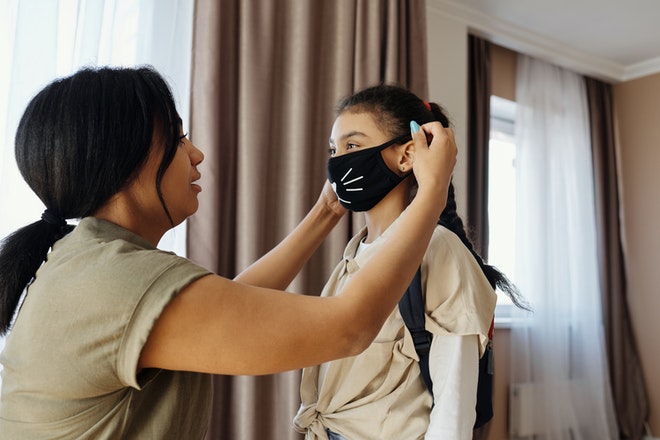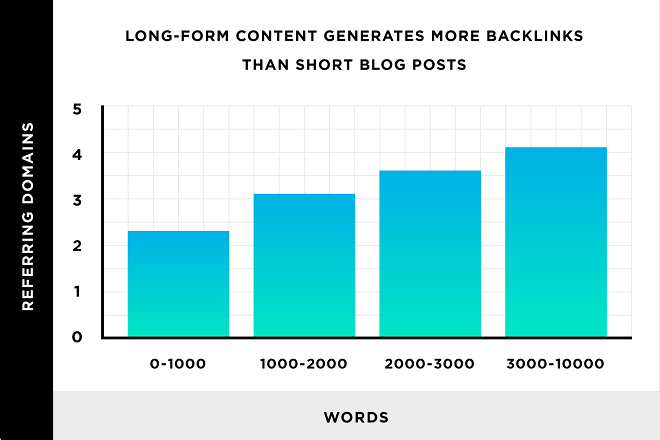No one talks about mental health as much as they should. Especially when it comes to kids, mental health talks are an alien concept, altogether. Expecting for very niche circles and exclusive groups, the issue of mental health has mostly been shushed into corners.
The pandemic has brought out the ugly side of this reality, even more. Kids’ mental health matters all the more now! With the lockdowns, newer rules, changes in the way you get to maintain a lifestyle — there is so much more that can be laced to mental health and well-being in kids.
Empathize and get a Grip
- The very beginning of understanding mental health in kids is to accept that this is a completely natural aspect of childhood and then beginning to empathize with related needs.
- Understanding and then building on to recognize healthy mental states in kids affected by the pandemic, is vital towards making this topic a lesser taboo.
- Unless you recognize that your child is actually synced with what the pandemic stricken world is, or will evolve to become, you cannot realize the health of his/her mind!
Emotional Recognition
- As parents, educators and mentors it is vital to understand that a child will have a plethora of emotions barging through the mind, thanks to the scale of events around.
- From having spent the longest hours at school, to school becoming a place out of reach, kids undergo confusion along with feelings of fear, uncertainty, and above all sadness. Recognize such emotions and related manifestations in the behavioral patterns of your child.
- Instead of trying to control such displays, encourage proactive conversations around the same. Think from a kid’s perspective and ease the mind of the little one.
Optimism and Hope
- A report from UNICEF states that more than 300 millions kids around the world, have been home stuck for the past year, owing to Covid-19. This has given rise to anxiety among kids. This, again, is one part of mental health that is a top concern.
- The signs of anxiety often do not appear distinctly. However, a child who tends to be in the lurch, hurries up too often for any activity and displays limited focus—are the most at risk. The key here is talking freely without a bias.
- As parents, counselors or well-wishers, you can simply make kids feel relaxed.
- Just like elementary school assembly ideas help bring out the energy in kids, talk to them at the breakfast table casually. This will help them trust you and share what goes on in mind. Showing them the optimistic aspect of the worst things is important. The way you see a glass as half full, is something every pandemic kid needs to absorb.
Responsibility to provide Best Ambience
- The most responsible role is of course, of the parents of kids during a pandemic. You need to recognize that the better ambience you ensure at home, the healthier will your kid be, mentally.
- Mental health is highly influenced with the presence or absence of an understanding atmosphere at home.
- Make sure family and home are spaces that kids can be honed at. Give them the comfort and the cuddle to ensure that they can be free without any inhibitions when you are around!
Be Observant
- Ensure to keep tab on how you child behaves and comes across on a daily basis. Check for stress signals, panicky behavior and non-clarity in expressions in kids.
- For toddlers and younger kids, you might sniff poor metal health when they exhibit clinginess, fear of dark spaces and even thumb sucking.
Conclusion
Mental health is as important an aspect as physical health. Parents, counselors and educators are gradually getting a hang of this and that means, it isn’t too late. Being a good listener helps and developing patience makes wonders.




